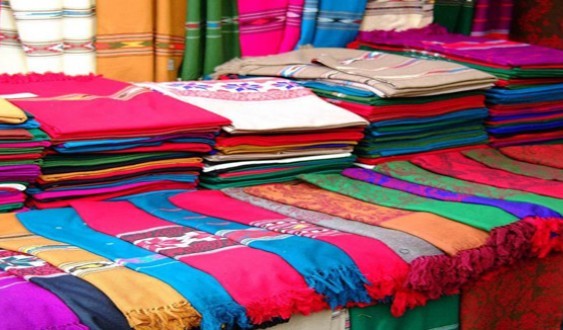
CLOTHING and textile wholesalers are reluctant to embrace the Buy Zimbabwe concept meant to support the growth of local industries, as they reportedly prefer imported fabric to buying locally-produced ones, an industry official has said.
BY MTHANDAZO NYONI
In emailed responses to NewsDay, Zimbabwe Textile Manufacturers’ Association, secretary-general, Raymond Huni said wholesalers and retailers were reluctant to embrace the Buy Zimbabwe concept regardless of its nobleness.
“Surely, more needs to be done, as wholesalers, retailers and some shop owners prefer imported fabric than buying local produced fabric,” he said.
“As usual, they use wrong codes to import and make huge profits.”
Zimbabwe’s textiles and clothing industry is seriously weighed down by an influx of cheap imports from Asian countries and is operating under constrained capacity.
Compounding the problem is the fact that despite the existence of legislation banning the importation of second-hand clothing, the practice has continued unabated because authorities have failed to enforce the ban.
At its peak, the clothing and textile industry in Zimbabwe used to employ as many as 35 000 people. The number has since whittled down to below 3 000.
- Chamisa under fire over US$120K donation
- Mavhunga puts DeMbare into Chibuku quarterfinals
- Pension funds bet on Cabora Bassa oilfields
- Councils defy govt fire tender directive
Keep Reading
To promote local industry, government has been preaching the gospel of the Buy Zimbabwe concept.
Huni said there are 52 companies in the textile industry, though only 15 employ more than 70 employees, while the smallest employs five or so employees.
“Smaller companies are operating above 50%, while at the same time big companies are operating below 40%,” he said.
Huni said the Zimbabwe Revenue Authority (Zimra) was now enforcing import restrictions imposed by the government last year to protect the industry from an influx of cheap imports, but more needed to be done.
“Zimra is now effecting the gazetted (import restrictions), but as industry, we feel there is more that needs to be done,” he said.
“We are still waiting to hear from Zimra when they want further training to identify fabrics correctly.”











